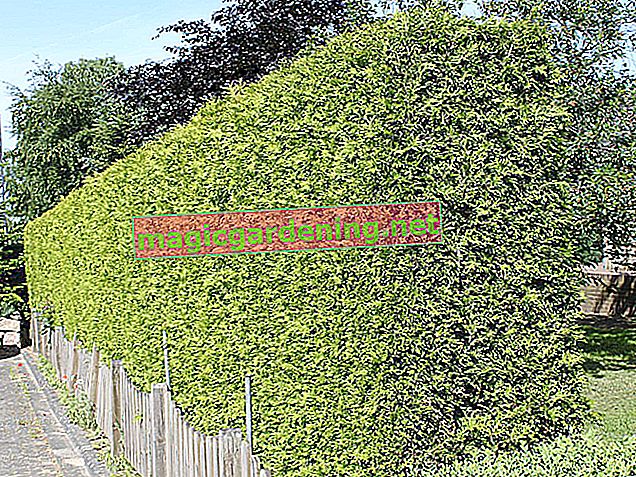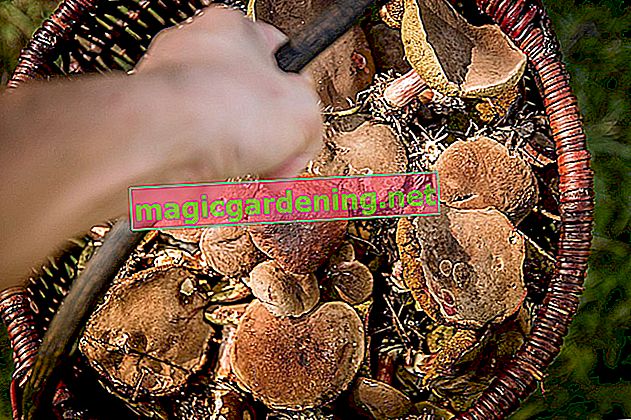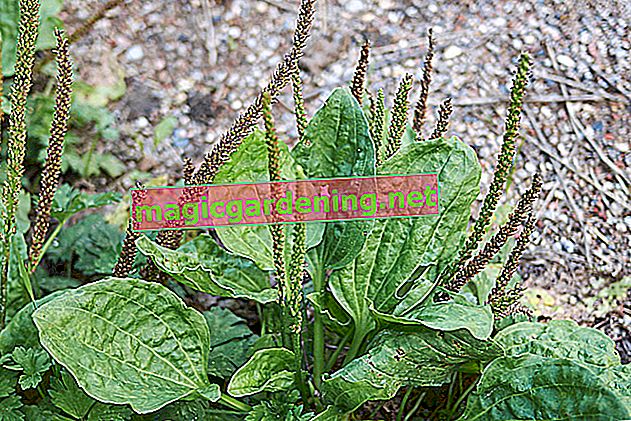
Requirements for growing asparagus in the garden
If you want to plant asparagus yourself, you need space. This applies to green and pale asparagus.
also read
- Repotting the Madagascar palm - what to look out for?
- Sanding down garden furniture - what should you watch out for?
- Asparagus for dogs - harmful or not?
Asparagus farming is labor-intensive. If you don't have much time, plant the undemanding, easy-care green asparagus.
The right location
Asparagus loves a sunny location. The asparagus bed should always run from north to south. This means that all plants receive the same amount of sunlight.
White asparagus needs a sandy, well-drained soil. Green asparagus also copes well with loamy soils.
The bed preparation - the alpha and omega of asparagus cultivation
The final asparagus patch needs to be thoroughly prepared. In the previous year, green manure helps to improve the soil.
The soil is enriched with a lot of mature compost or mature manure. For this purpose, rows 40 centimeters deep are excavated every 80 centimeters. The fertilizer is scattered in thick layers and covered with earth. The roots of the asparagus must not come into contact with the fertilizer.
Plant asparagus
The asparagus plants grown from seeds or bought have formed a spider-like root system. The roots are spread out on the ground. Place the plants at a distance of at least 40 centimeters deep enough into the soil that the plant is completely covered by soil.
The wall, which is necessary for white asparagus, is only piled up over the rows in the second year of planting. To do this, good potting soil is applied up to 30 centimeters high and pounded well.
No wall is necessary for the asparagus varieties that grow above ground.
Maintain asparagus
Asparagus beds must be kept weed-free and fertilized regularly. Watering is not necessary, as the asparagus stores enough moisture under the mound.
To harvest
Asparagus is not harvested in the first two years. At most, you can prick one stalk of asparagus per plant in the second year. From the third year onwards, the harvest season lasts from mid-April to June 24th, depending on the weather.
Care after the asparagus season
After the asparagus season, remove the weeds. Fertilizer must be given once or twice.
The asparagus leaves must be checked regularly for pests. Asparagus beetles are collected. Powdery mildew and other fungal diseases can also occur.
In autumn, the asparagus is cut off just above the ground and disposed of. To keep pests away, the herb should not be placed on the compost.
This is how asparagus grows
- Choose a good location
- Create nutrient-rich soil
- Insert plants carefully
- Pile up the earth wall
- Harvest regularly from the third year onwards
- Fertilize regularly and check for pests
Tips & Tricks
When buying the seeds or plants, look for robust varieties of asparagus. They survive pests more easily and are resistant to powdery mildew.








